Conquer the PMP Final Exam in 2025 with this ultimate practice test, featuring 100 verified questions and expert answers to ensure guaranteed success. Tailored for PMP candidates, this resource aligns with the 2025 PMBOK standards, covering all exam domains—people, process, and business environment. The 100 questions are carefully curated to reflect the real exam’s complexity, addressing key areas like leadership, risk management, and agile methodologies, with expert answers providing deep insights and exam strategies. Perfect for final-stage preparation, this practice test helps you refine your skills, boost confidence, and secure your PMP certification with ease.
Preview
1. Which of the following consists of the features and functions that characterize a
product, a service, a system, or a structure?
A. Project Scope
B. Product Scope ✅
C. Business Case
D. Project Deliverable
Rationale: Product scope refers to the features and functions that define a product or
service. It focuses on what is being delivered, whereas project scope includes the work
required to deliver the product.
2. The general work that needs to be accomplished to deliver a product, a system, a
structure, or a service with the specified features and functions best defines:
A. Product Scope
B. Project Scope ✅
C. Project Range
D. Project Deliverable
Rationale: Project scope defines all the work that must be completed to achieve project
objectives, including deliverables, timelines, and resources.
3. The list of all activities of a project with intended start and end dates linked by
dependencies and constraints best defines:
A. Project Calendar
B. Business Case
C. Project Schedule ✅
D. Project Scope
Rationale: The project schedule outlines the planned start and end dates for project
activities, including dependencies and constraints that affect project execution.
4. A ___________________ is the total of the phases through which a project passes from
the time it is initially conceived until the time it is either in use as a success or
abandoned as a failure.
A. Project Plan
B. Process Group
C. Project Life Cycle ✅
D. None of the Above
Rationale: The project life cycle consists of all phases from initiation to closure, helping to
structure the project management process.
product, a service, a system, or a structure?
A. Project Scope
B. Product Scope ✅
C. Business Case
D. Project Deliverable
Rationale: Product scope refers to the features and functions that define a product or
service. It focuses on what is being delivered, whereas project scope includes the work
required to deliver the product.
2. The general work that needs to be accomplished to deliver a product, a system, a
structure, or a service with the specified features and functions best defines:
A. Product Scope
B. Project Scope ✅
C. Project Range
D. Project Deliverable
Rationale: Project scope defines all the work that must be completed to achieve project
objectives, including deliverables, timelines, and resources.
3. The list of all activities of a project with intended start and end dates linked by
dependencies and constraints best defines:
A. Project Calendar
B. Business Case
C. Project Schedule ✅
D. Project Scope
Rationale: The project schedule outlines the planned start and end dates for project
activities, including dependencies and constraints that affect project execution.
4. A ___________________ is the total of the phases through which a project passes from
the time it is initially conceived until the time it is either in use as a success or
abandoned as a failure.
A. Project Plan
B. Process Group
C. Project Life Cycle ✅
D. None of the Above
Rationale: The project life cycle consists of all phases from initiation to closure, helping to
structure the project management process.




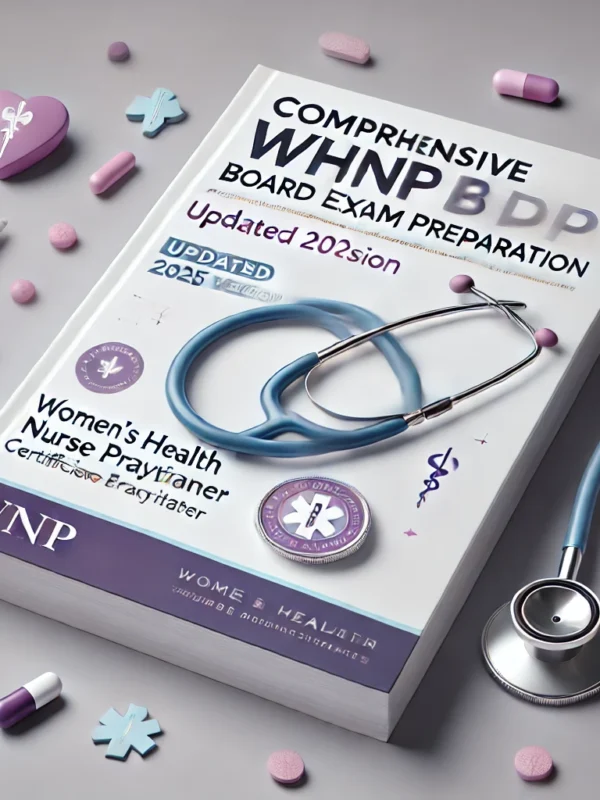
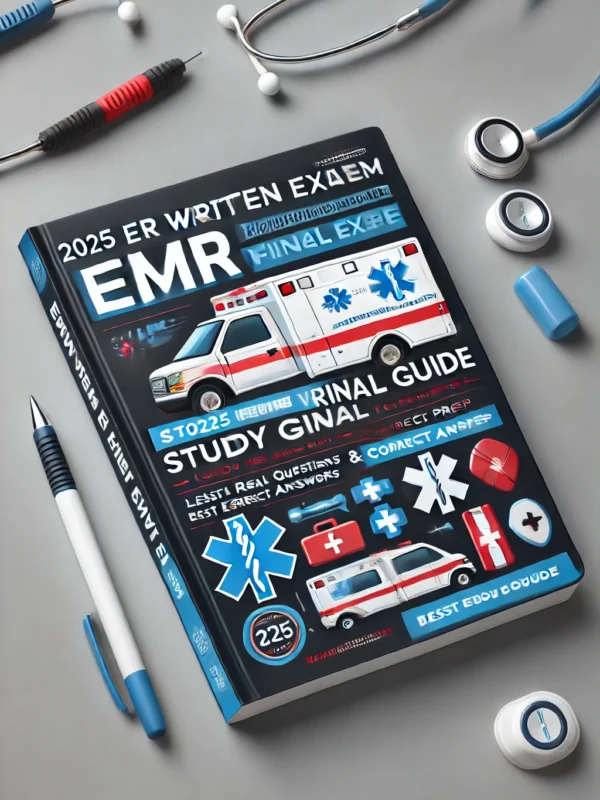
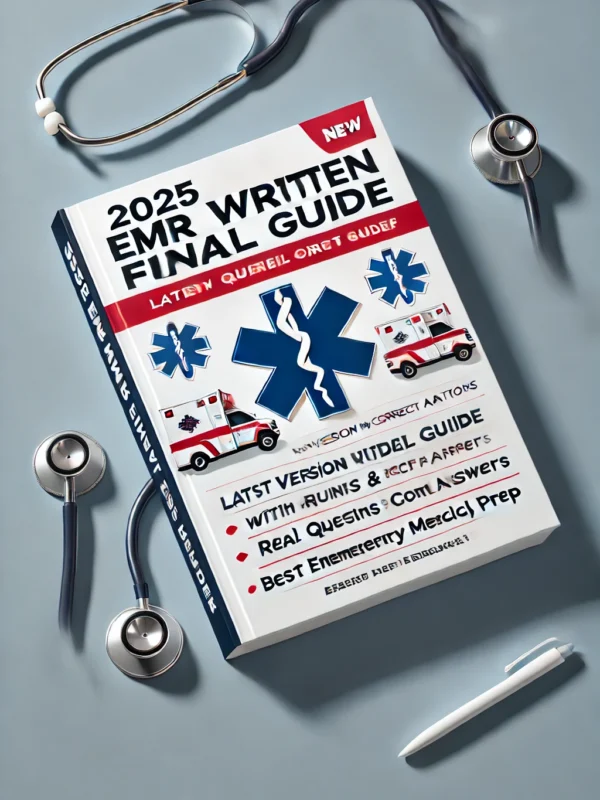
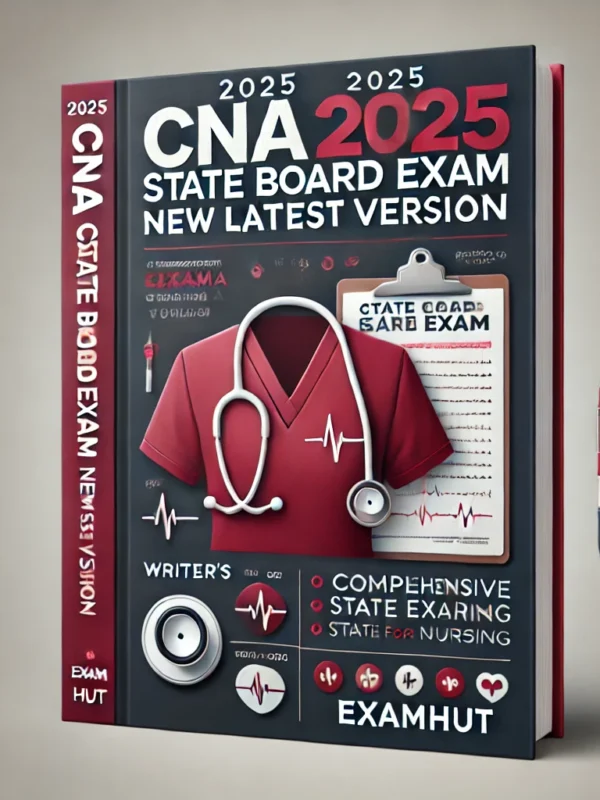

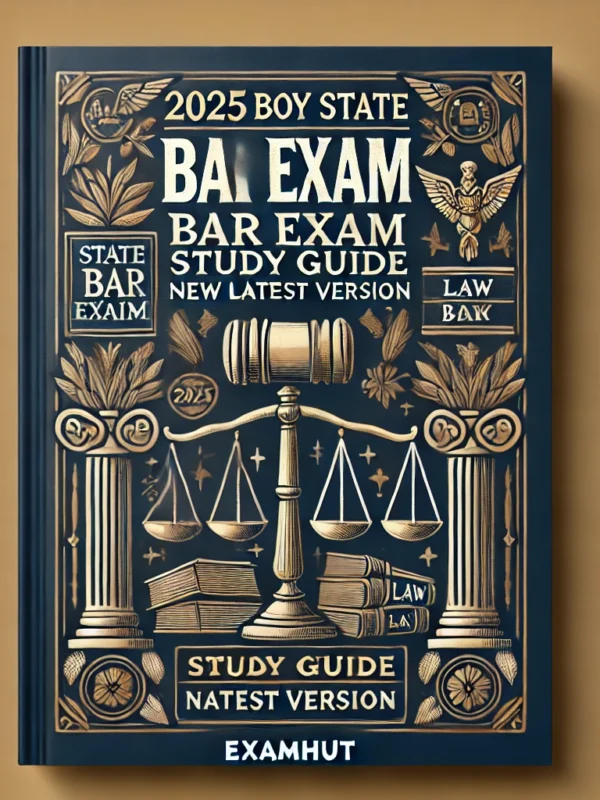
Reviews
There are no reviews yet.